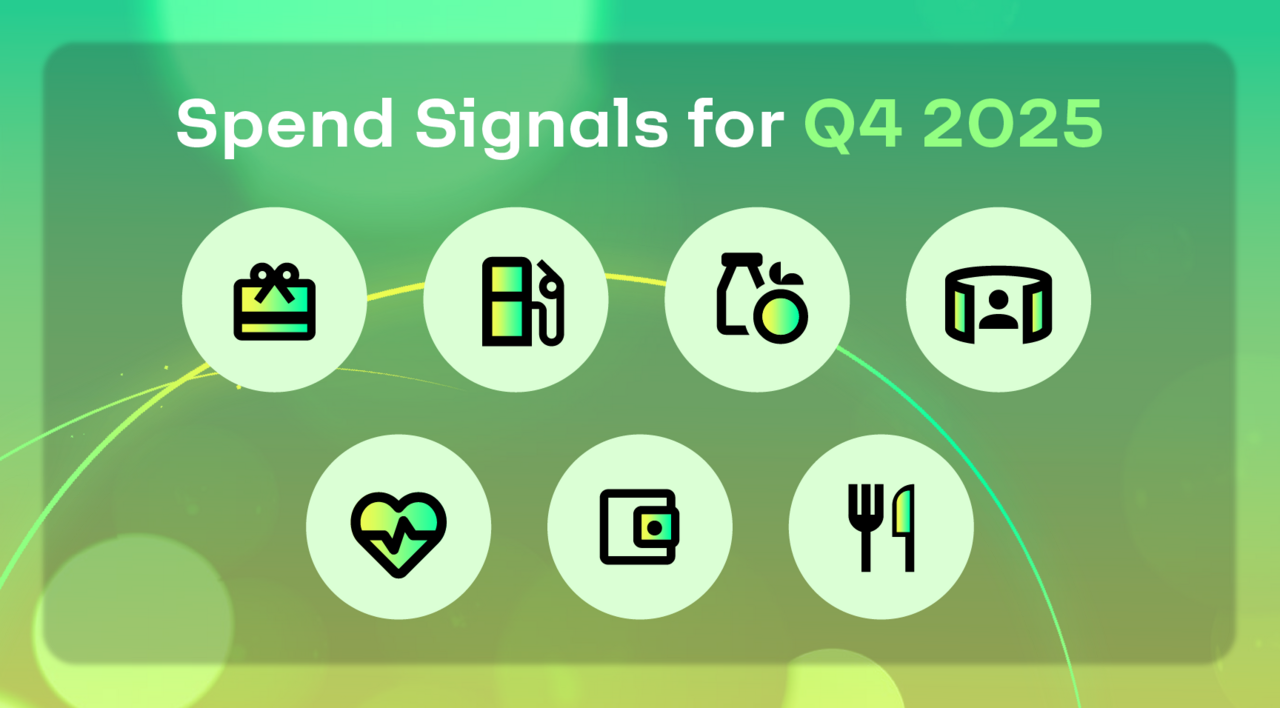Whether it’s the holiday season, celebrating a work anniversary, or recognizing outstanding performance, HR professionals are often scrambling to find the perfect reward for employees. No pressure, but the right gift matters! 68% of respondents said that a great gift would make them more likely to stay with their current employer.
Before you commit your employees to an ill-fitting hoodie or yet another water bottle, read on to get a better understanding of what motivates your workforce and what to keep in mind when developing effective corporate-reward and incentive programs.
 Why incentivize employees with corporate gifts?
Why incentivize employees with corporate gifts?
While Don Draper certainly didn’t think recognition was important:
Most employers and employees disagree.
Corporate gifts show employee appreciation.
Employees value recognition in any number of forms - from shout outs in all-hands meetings to kudos in 1-on-1s to elevated titles, new offices and desirable assignments. Recognition proves to employees they are seen and valued. 2021’s Great Resignation and 2022’s “quiet quitting” tell us that employees are less likely to stay in a role if their needs aren’t being met. Employers have two options – invest in ways to retain talent or watch employees walk.
Recognition through gifts is a low-cost, high-impact way an organization can demonstrate their investment and commitment to their employees and inspire them to feel valued and connected to a company culture. Of course, it’s important that organizations choose the right gifts. An employee-recognition program that rewards employees with unwanted and unimpressive gifts may have a negative impact on employee satisfaction.
Employee gifts reinforce the company culture.
When employees get the right amount of recognition, they feel more connected to their organization’s culture. Recognition for an individual or team reinforces that their behaviors are appreciated and valued by the company. This helps build company culture, as other employees take note and emulate those behaviors. According to a Gallup survey, employees who are emotionally fulfilled through appreciation and acknowledgment feel a sense of loyalty and act as brand ambassadors. Employees share their positive experiences with others to build a company’s reputation and even recruit more employees. Recognition programs reinforce company culture inside and outside the organization.
Employees view corporate gifts differently than salary increases or cash bonuses.
Don Draper wasn’t totally wrong - the money definitely matters. But that isn't all that matters. It’s simply not how our brains are wired. The psychological phenomenon known as Mental Accounting explains how humans compartmentalize income and spending into different mental accounts. Cash rewards are classified with salary and are allocated to obligations like rent, utilities or savings. This is important! But it also isn’t that much fun. Even though employees frequently suggest cash as a desirable reward or incentive, the data tells us that its impact has a tendency to be muted. Turns out, most people aren’t motivated to improve their performance, if they’ve mentally handed that money over to the government or their landlord. So, surprisingly, more cash may not be a good motivator.
Great gifts, on the other hand, are viewed as celebratory. They have more of an impact, because it’s mentally assigned to something fun, memorable and rewarding. Mental accounting is why people enjoy non-cash gifts in a different way than cash. A Starbucks gift card feels like a guilt-free splurge instead of a frivolous indulgence.
The hedonic appeal of good corporate rewards is key to their efficacy as a motivator. Because we’re primed to think about the fun we’ll have with the reward - whether it’s a pizza party, a trip to the Caribbean or a gift card - we work harder to earn it. A large number of studies have repeatedly shown that people who are incentivized by a desired, non-cash reward outperform people who are incentivized by its cash equivalent.
While employee rewards are the key to employee motivation, employee retention and employee engagement, all gifts aren’t created equal…
Gift cards are the most-requested gift and 80% of survey respondents would be happy to receive gift cards. Cash was a distant second, at just 68%.
Employees are more likely to view gift cards as hedonic rewards, using the gift cards for fun, luxurious, or memorable things.
People are primed to see gift cards as a treat. It’s the perfect reason for your employees to satisfy their plant obsession, coffee habit or foodie urges without going into their own wallet. People give UberEats or AMC gift cards to create memories. No one is giving out gift cards for the IRS, after all.
Employees even tend to work harder to obtain hedonic rewards like gift cards. A series of experiments revealed that non-cash rewards (in this case, a $10 AMC gift card), prove more motivating. People were more committed to a goal, worked harder and performed better when incentivized with gift cards vs. cash.
Gift-card purchases are more memorable.
Whenever an employee uses a french press or throw pillow purchased with a gift card, they are reminded of their success and your company. Even one-time experiences provide memories. A trip to the movies or date night at a restaurant in town , for example, can create long-lasting memories that share a positive association with the employer who made it possible.
Cash awards can’t do this. Research firm Wirthlin Worldwide asked 1,010 people how they spent their last cash reward, and the results were underwhelming. 58 percent of people spent their cash incentives on something intangible and unmemorable. 18 percent couldn’t even remember how they spent the cash. That’s the exact opposite of what you want when thanking employees.
Gift cards offer employees more choice.
Gift cards allow companies with dozens, hundreds or even thousands of employees to choose something personal and memorable. It’s what employees what, having been named the most-requested gift by the National Retail Federation for 15 years running.
Gift cards are a great way to give your People team a bit of a break, too.
The holidays can be a stressful time for all of us, but spare a thought for People teams of the world. While we’re all thinking about what to buy our loved ones, People teams are also trying to pick one gift that can satisfy all your employees, with all their different backgrounds, interests and priorities. It’s an impossible task.
In addition to making the recipients happy, gift cards are a great way to take a huge burden off of your People team this year. With WeGift’s Select links, bulk ordering options and unparalleled catalog, it may truly be better to give than to receive.
Want to delight your employees with digital gift cards from their favorite brands? Get in touch and talk to our experts today!

.png)

